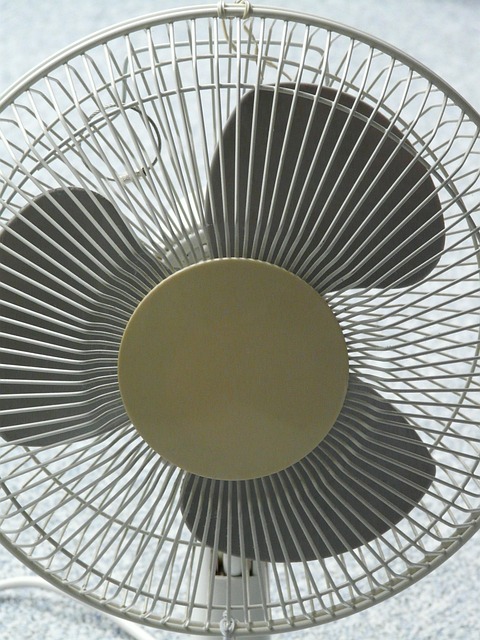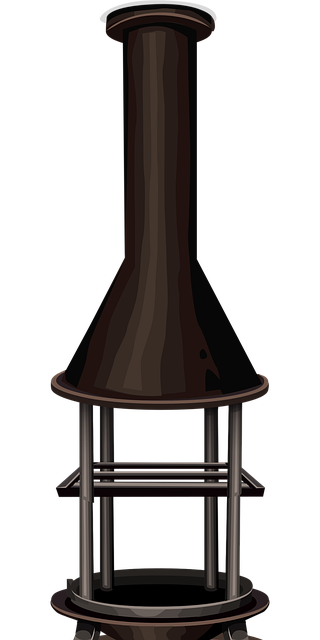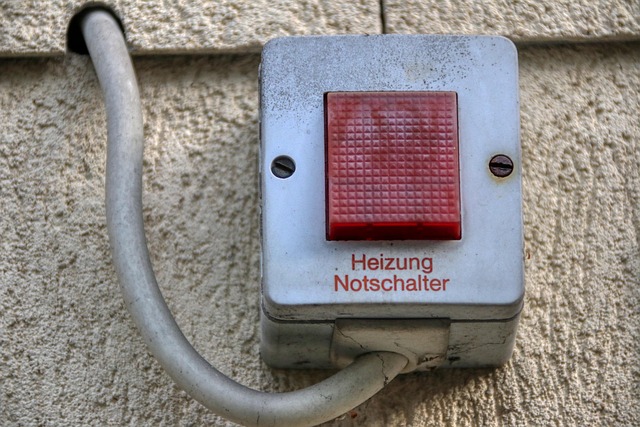High-capacity electric boilers offer efficient, clean heating for large residential properties, addressing the specific needs of older or spacious homes. These advanced systems eliminate fossil fuel emissions, save on utility bills, and enhance indoor air quality through precise temperature management and smart controls accessible via smartphones or voice assistants. Proper installation, regular maintenance, and adequate electrical infrastructure are crucial for optimal performance, making electric boilers a sustainable alternative to traditional central heating systems with proven success in large-scale residential applications.
In today’s quest for efficient and sustainable heating solutions, high-capacity electric boilers emerge as a game-changer for large residential properties. This article delves into the world of these powerful systems, exploring their role in providing ample hot water and space heating. We’ll uncover key features, dissect the advantages for residential buildings, and guide readers through installation and maintenance best practices. Additionally, real-world case studies will highlight successful implementations, demonstrating the impact of electric boilers in modern living.
- Understanding High-Capacity Electric Boilers: Their Role and Benefits
- Key Features and Technologies in Modern Electric Boiler Systems
- Advantages of Electric Boilers for Large Residential Properties
- Installation and Maintenance Considerations for Optimal Performance
- Case Studies: Successful Implementations of High-Capacity Electric Boilers
Understanding High-Capacity Electric Boilers: Their Role and Benefits

High-capacity electric boilers are designed to meet the substantial heating demands of large residential properties. These advanced systems offer a robust solution for efficient and effective home heating, particularly in older or larger homes where traditional boiler systems might struggle. By harnessing the power of electricity, they provide a reliable source of hot water and space heating, ensuring comfort and convenience for residents.
One of the key benefits of high-capacity electric boilers is their energy efficiency. Electric heating systems have come a long way, utilizing modern technology to optimize energy use. They are known for their clean heating process, without the emissions associated with fossil fuel-based central heating or HVAC (heating, ventilation, and air conditioning) systems. This makes them an environmentally friendly option, especially as electricity generation becomes increasingly diverse and renewable. Moreover, residential electric boilers often come with smart controls, allowing homeowners to precisely manage temperature settings and schedule heating operations for maximum comfort and cost savings.
Key Features and Technologies in Modern Electric Boiler Systems

Modern electric boiler systems boast a plethora of innovative features and technologies designed to enhance efficiency, safety, and comfort in residential properties. One notable advancement is the integration of smart controls, allowing homeowners to precisely manage temperature settings and monitor energy usage via smartphone apps or voice assistants. This level of control not only provides comfortable living conditions but also contributes to energy conservation.
Moreover, contemporary electric boilers prioritize environmental sustainability with their clean heating systems. They eliminate the need for harmful fossil fuels, reducing carbon emissions and offering a greener alternative to traditional boiler systems. Advanced electric heating technology ensures efficient energy conversion, resulting in significant cost savings on utility bills. These systems can also be easily integrated into existing plumbing infrastructure, making them an attractive option for retrofitting older homes with more energy-efficient residential electric boilers or upgrading outdated central heating systems to modern electric HVAC systems.
Advantages of Electric Boilers for Large Residential Properties

Electric boilers offer numerous advantages for large residential properties, making them an attractive option for modern homes. One of the key benefits is their energy efficiency. Unlike traditional gas or oil-fired boilers, electric heating systems convert all the energy from the power source to heat, resulting in reduced energy wastage and lower running costs. This makes residential electric boilers a cost-effective solution for large spaces, as they can efficiently provide hot water and space heating to multiple rooms and occupants.
Another advantage is their environmental friendliness. Electric boiler systems produce zero emissions during operation, contributing to cleaner heating without the need for combustion byproducts. This transition to electric heating technology not only reduces a property’s carbon footprint but also improves indoor air quality, making it an excellent choice for health-conscious homeowners. Moreover, electric central heating can be easily controlled and automated, allowing for precise temperature regulation throughout the entire home, enhancing comfort and convenience for residents.
Installation and Maintenance Considerations for Optimal Performance

The successful installation and ongoing maintenance of a high-capacity electric boiler are paramount for achieving optimal performance in large residential properties. When installing an electric boiler, careful consideration must be given to factors such as proper wiring and ventilation, ensuring compliance with local building codes and safety standards. A well-designed electrical system, capable of handling the boiler’s power requirements, is essential. Moreover, adequate ventilation is crucial to prevent carbon monoxide buildup and ensure efficient combustion.
Regular maintenance, including cleaning or replacing filters and regular inspections, plays a pivotal role in sustaining energy efficiency in residential electric boilers. Advanced electric heating technology offers clean and quiet operations, contributing to a healthier indoor environment. Electric central heating systems, when well-maintained, can provide consistent and comfortable home heating, making them an attractive alternative to traditional boiler systems. Efficient energy usage is not only cost-effective but also environmentally friendly, aligning with the growing demand for sustainable electric HVAC systems.
Case Studies: Successful Implementations of High-Capacity Electric Boilers

In recent years, numerous successful implementations of high-capacity electric boilers in large residential properties have showcased their potential to revolutionize home heating. These projects highlight the benefits of electric heating systems as a clean and energy-efficient alternative to traditional gas or oil-fired central heating. For instance, a major housing development in urban areas has adopted electric central heating for its boiler systems, resulting in significant reductions in carbon emissions and operational costs.
The case study reveals that residential electric boilers can effectively serve properties with high thermal demands. By utilizing advanced electric HVAC systems, the development achieved superior comfort levels while promoting sustainable practices. This success story underscores the growing trend of embracing electric space heating technology for large-scale residential applications, paving the way for a greener and more efficient future in home heating.
High-capacity electric boilers offer a sustainable and efficient heating solution for large residential properties. By embracing modern technologies, these boilers provide numerous advantages, including cost savings, reduced environmental impact, and easy maintenance. As demonstrated in successful case studies, the strategic implementation of electric boilers can revolutionize heating systems, ensuring comfortable living spaces while promoting energy conservation. When considering installation, proper maintenance practices are key to unlocking the full potential of these innovative electric boiler systems.






